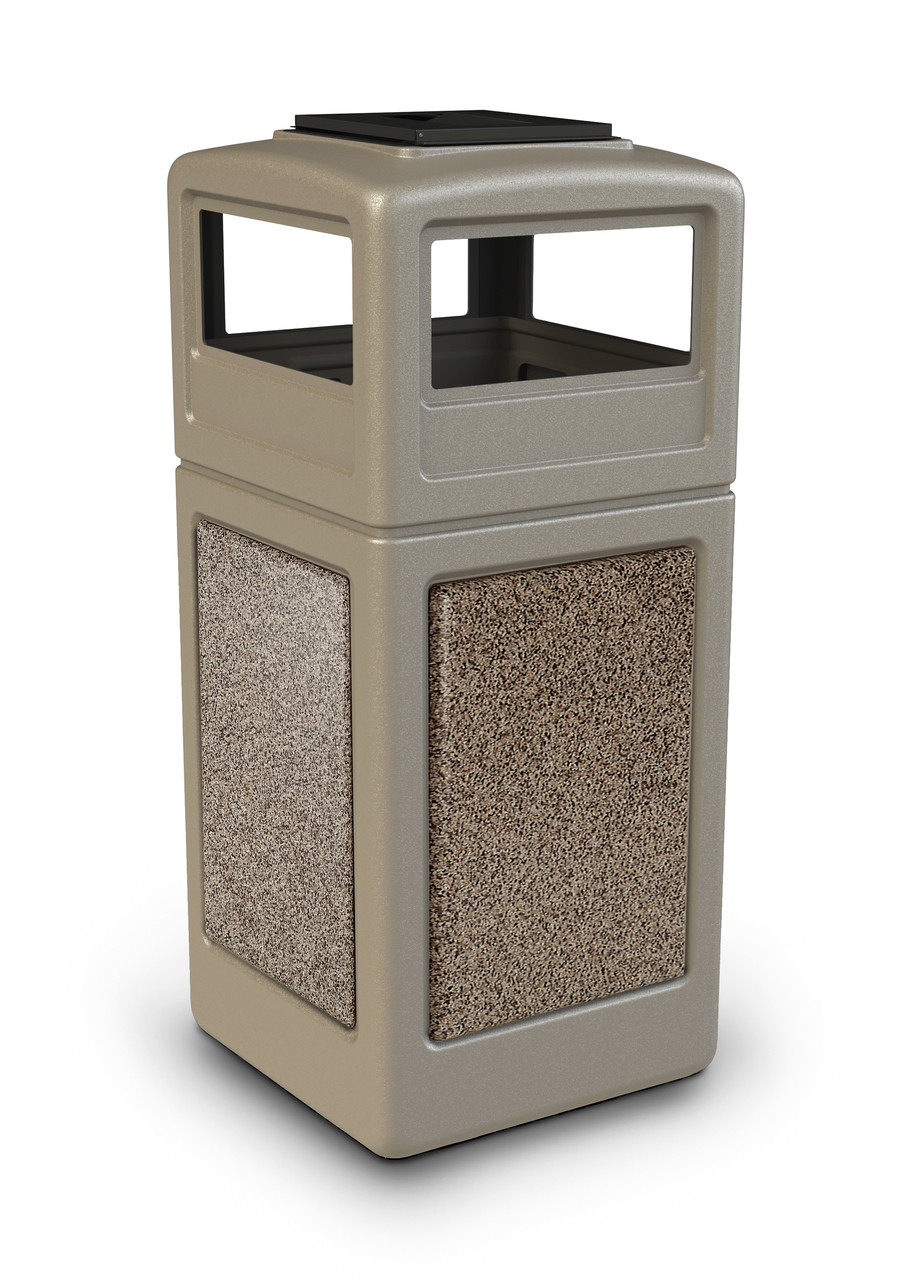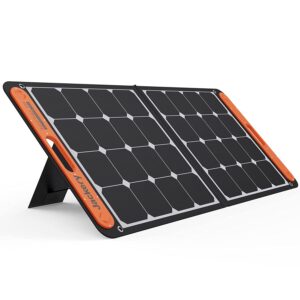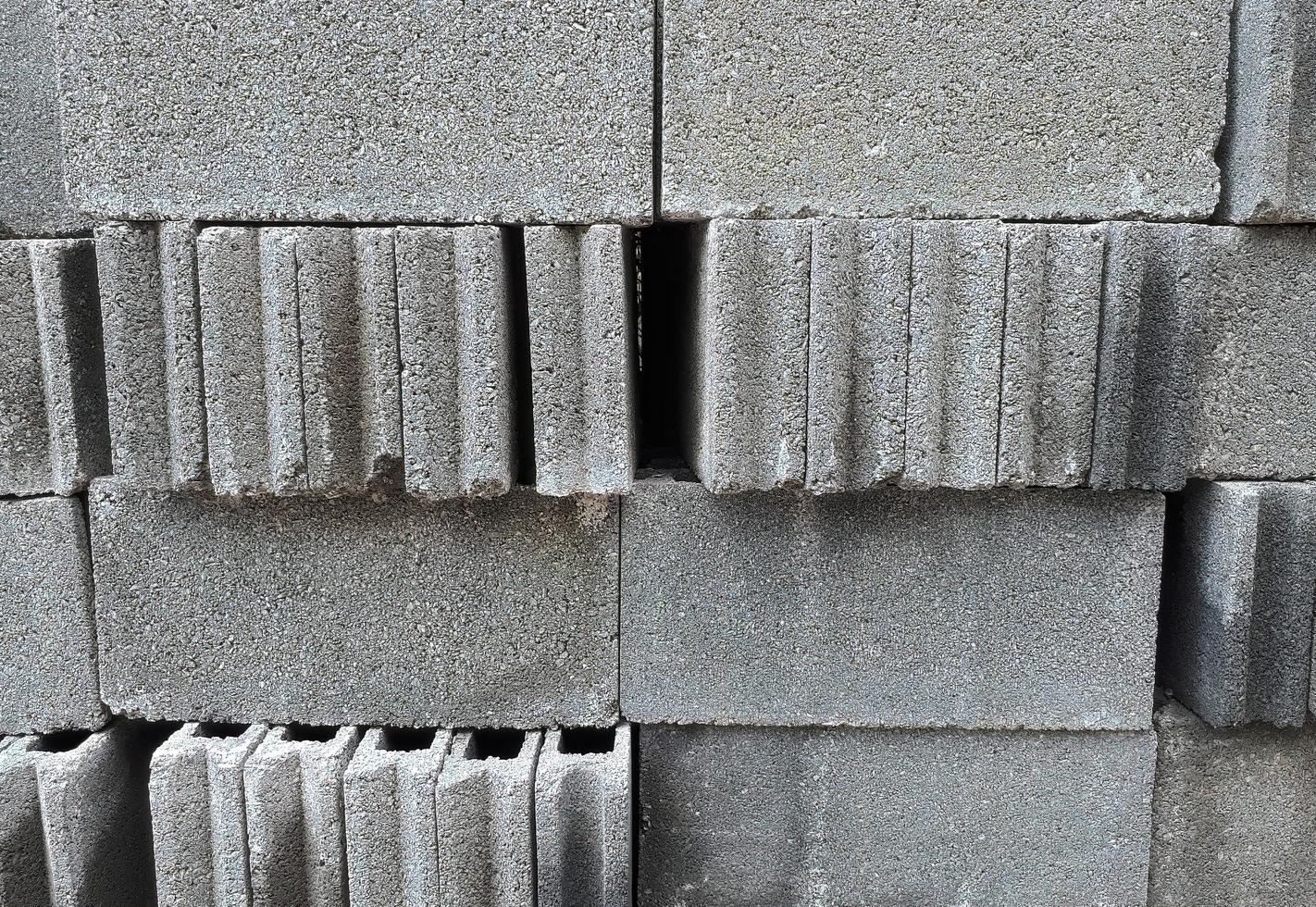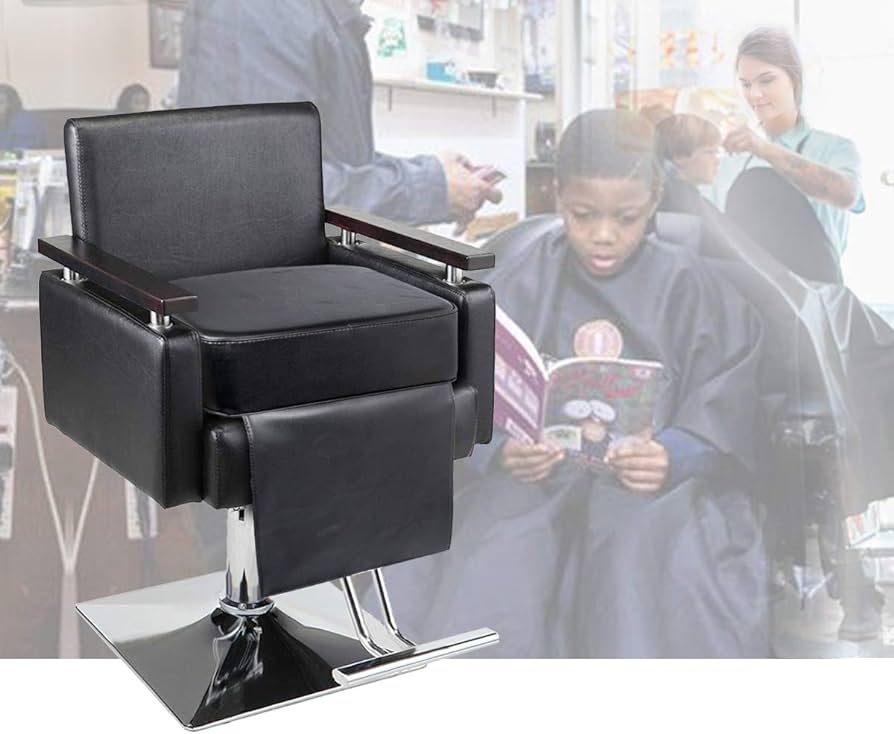Commercial Trash Cans for Food Service – Unique Needs of Restaurants and Cafes
In the fast-paced environment of restaurants and cafes, commercial trash cans play a crucial role beyond mere waste disposal. They are essential components that address unique needs specific to food service establishments, ensuring cleanliness, efficiency, and compliance with health and safety standards. First and foremost, commercial trash cans in food service settings are designed with durability in mind. They must withstand constant use, often under challenging conditions such as high traffic areas, varying temperatures, and exposure to moisture and food residues. Materials like stainless steel or heavy-duty plastic are commonly chosen for their robustness and ease of maintenance. These materials not only resist corrosion and odors but also facilitate regular cleaning, crucial for preventing bacterial growth and maintaining hygiene. Moreover, the design of these trash cans is tailored to facilitate efficient waste management. Restaurants and cafes generate diverse types of waste, including food scraps, packaging materials, and liquid waste. To handle this variety effectively, trash cans often feature specialized compartments or inserts for sorting different types of waste, promoting recycling efforts and compliance with waste management regulations.

In addition to functionality, aesthetics also play a significant role in the choice of commercial trash cans for food service establishments. Trash cans are strategically placed throughout dining areas and kitchen spaces, where they are highly visible to customers and staff alike. As such, they are often selected to complement the overall decor and ambiance of the restaurant or cafe. Sleek designs, customizable finishes, and ergonomic features ensure that commercial trash cans blend seamlessly into their surroundings while remaining accessible and easy to use. Furthermore, practical considerations such as size and capacity are paramount in selecting trash cans for food service environments. Depending on the scale of operations and foot traffic, establishments may require multiple bins of varying sizes to accommodate peak periods and different areas such as dining rooms, kitchens, and outdoor seating. Larger capacity bins reduce the frequency of emptying and contribute to operational efficiency, allowing staff to focus more on customer service and food preparation. Beyond functionality and aesthetics, the safety features of commercial trash cans are crucial in food service settings.
Additionally, some models are equipped with antimicrobial coatings or liners to inhibit bacterial growth, reinforcing hygiene standards and ensuring compliance with health regulations. Lastly, the sustainability aspect of commercial trash cans cannot be overlooked. Many food service establishments are increasingly adopting eco-friendly practices to reduce their environmental footprint. Trash cans made from recycled materials or those designed for easy segregation of recyclable waste support these efforts, aligning with the growing consumer demand for sustainable practices in dining establishments. From durable construction and efficient waste management to aesthetic appeal and safety features, these trash cans are indispensable tools that contribute to the overall dining experience while supporting environmental sustainability goals. Choosing the right trash cans involves considering these multifaceted factors to meet the unique needs of food service establishments effectively.



